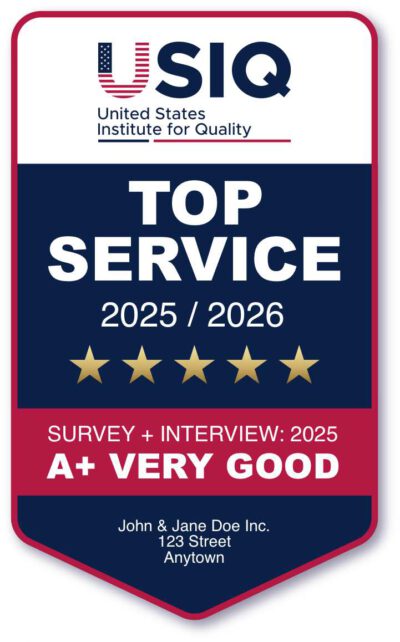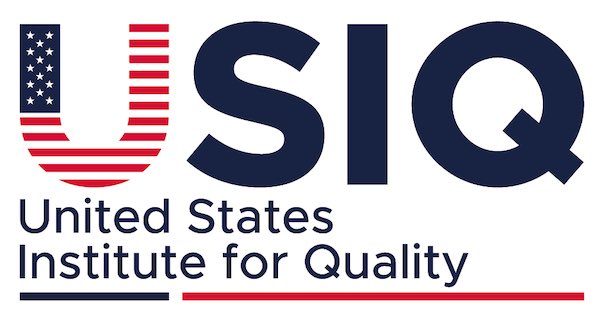|
Getting your Trinity Audio player ready...
|
Among the intangible assets, trust could be considered one of the most important elements in any startup. Without it, attracting customers, investors, and partners seems very difficult. Compared to brands that have been in the market for many years, startups are always at the receiving end in terms of credibility. There is always a high risk of doubting the quality of the products, financial stability, or the purpose of the business. To counter this, the startup should be clear, provide value, and be trustworthy and genuine.
How Can I Build Trust as a Startup?
Transparency and Authenticity
The commonly known way of building trust is through being truthful. Lack of perfection is not an issue, but people always appreciate truthfulness. Telling your audience the story behind your startup makes the brand relatable to the customer. For this reason, people tend to trust businesses that are more transparent about their abilities and liabilities. Authenticity also implies that no false advertisement or hype is made about the product. If a product is still under construction, managing the customer’s expectations is wiser than giving them a fully inflating and bloated pitch.
Establishing a Strong Brand Identity
A professional and consistent brand image is essential as far as building its reputation or the trust of the clients is concerned. If a company behaves differently on one platform and then on another, it may lead to doubt in customers. The brand is not merely an iconic symbol, slogan, or website; it is about a well-defined and conveyed purpose. Whatever media a brand uses, whether through social networks, promos, or personal communication, should reflect professionalism and reliability.
Key research has revealed that adherence to branding can boost revenue by a third. Consumers tend to place more trust in a company if it has a well-established identity. Every little detail counts; for instance, a neat and professional website, clear descriptions of product lines, and proper communication all contribute to the overall perception of a startup.
Delivering on Promises
If one mistake is sure to cause a loss of trust, it is the inability to deliver as expected. New companies must pay close attention to the quality of goods or services offered initially. Consumers will always be wary of a new company, but this automatically puts them off, and they will quickly switch and become loyal customers. In the case of a product or a service that is still under development, it is vital to make the changes clear and to give updates from time to time.
Correspondingly, positive customer feedback and subsequent action from the company can also build trust. If the audience understands that their concerns are being addressed, such individuals feel valued, and it is natural that they want to continue supporting the brand in the long run. It is, therefore, evident that negative experiences can build trust instead of reducing it. Apologizing for the mistakes and proposing a way forward demonstrates professionalism and seriousness in correcting the wrongs.
Building Relationships with Customers
That means that trust cannot be established via a single transaction or contract as it is developed over some time. Positively interacting with customers will help obtain a constant stream of users who will stay with the brand and actively promote it. To maintain a good customer relationship, startups should embrace communication through social media platforms, emails, or even personal meetings. Anticipating the customer’s needs, answering inquiries as soon as possible, or noting that the customer is not just a number but a person helps to build trust.

Top Service
Secondly, a concept known as social proof also contributes significantly to the development of trust. Social proofing means that when several people see a positive buying experience, others will also develop confidence to buy the product As a rule, success stories, references, and recommendations can greatly impact. Consumers today have shifted towards online reviews, and 2023 surveys by BrightLocal indicated that 98% of consumers rely on these online reviews before making a decision. This implies that a few positive messages can greatly influence people’s perceptions of a startup.
Show that your customers are satisfied with a high-quality seal of approval. For example, with the USIQ’s Top Service Seal. Here, customers are invited to take part in a representative survey and the method is based on the research of PhDr. Oliver Scharfenberg.
Establishing Thought Leadership
This adds another level of credibility because people tend to trust individuals who are experts in a particular industry more. It makes people view the startup as a business and a source of information they can turn to. Sharing blog posts, writing guest articles, hosting webinars, or being a guest speaker at industry conferences can build credibility.
The case shows that investors and partners are willing to invest in a company with more profound industry knowledge. Thus, a good example of knowledge dissemination and innovation can help the startup become a leader in its niche. This, in turn, draws more customers who would instead go for companies that seem to be abreast of emerging trends.
Forming Strategic Partnerships
Endorsing from trusted brands or influencers could be especially useful for building trust. That is why a startup gains legitimacy through association when it forms a business relationship with a large company or receives recognition from public figures. Business partners are also more comfortable funding an enterprise with the right strategic partnerships.
Financial Transparency
It is essential for firms that require investment or people to crowdfund for them to disclose financial information. Investors require assurance that their funds are well invested to get the best return on investment. Key aspects include maintaining accurate and transparent accounting, explaining the risk factors, and presenting reasonable growth strategies. It is also vital and typical on crowdfunding platforms that businesses give regular updates to the backers so that those who supported the campaign can feel that their money is being used for something.
Security and Privacy Measures
It is essential to ensure data security in the current world where most, if not all, organizations are connected to the Internet. Any startup dealing with customer information should ensure adequate protection against cyber threats and inform the customers of this. Customers always want to ensure they are not exposed to fraudsters and want their privacy protected. Ensuring high levels of security, meeting legal requirements, such as GDPR, and having clear data policies are beneficial for building trust.
Apologizing for the Errors and Managing Issues Properly
Everyone makes mistakes, and it is common for startups to make them as they are still developing their procedures. However, a firm’s approach to mistakes shapes its reputation. Being able to admit when one is wrong and when something goes wrong and try to make it right goes a long way in building trust.
The customer must be told that many prefer candor to accuracy. That is why it is crucial to respond to such complaints promptly. Always offer an explanation or compensation that will give new trust if there is a basis for it. Some companies try to cover up issues or fail to address some of the problems. It only leads to negative repercussions that help the business in the long run.
Conclusion
Earning the customer’s trust in the early stages of the startup process is not easy, but it takes time and dedication. Thus, transparency, branding strategies, and providing quality services are significant credibility factors. Interacting with clients, using word of mouth, and engaging in strategic partnerships also enhance a startup’s reputation. Ethical business practices should be adopted, and when mistakes are made, they should be owned because they help businesses, especially startups, build trust with consumers.
Related Articles
Recruitment marketing aims to market your organization in order to target potential employees. Rather than waiting for individuals to approach [...]
The current fast-paced job market demands essential adaptability from both workforce members and organizations. The technological changes in industries and [...]
A successful social media marketing strategy for B2B success depends on trust development while sharing valuable content that targets decision-making [...]
Every employer understands the importance of retaining their employees because this is one way through which their business can grow [...]




